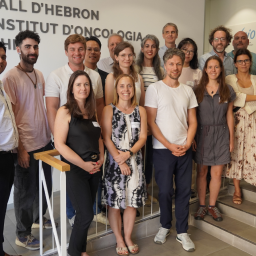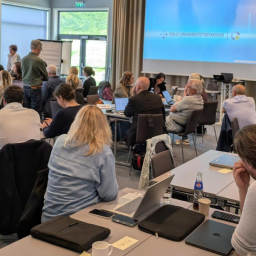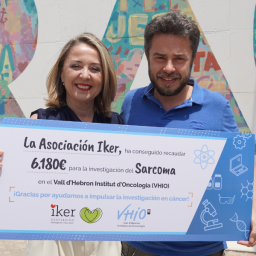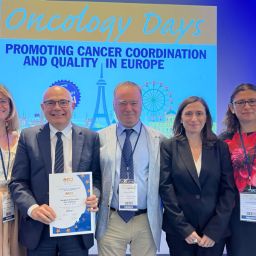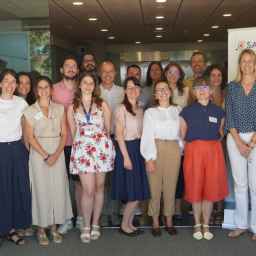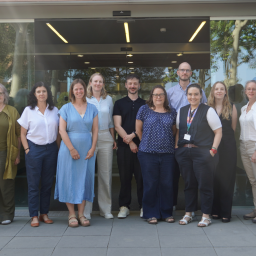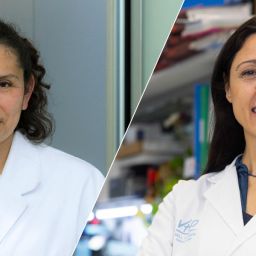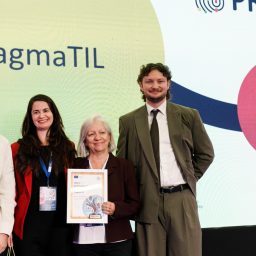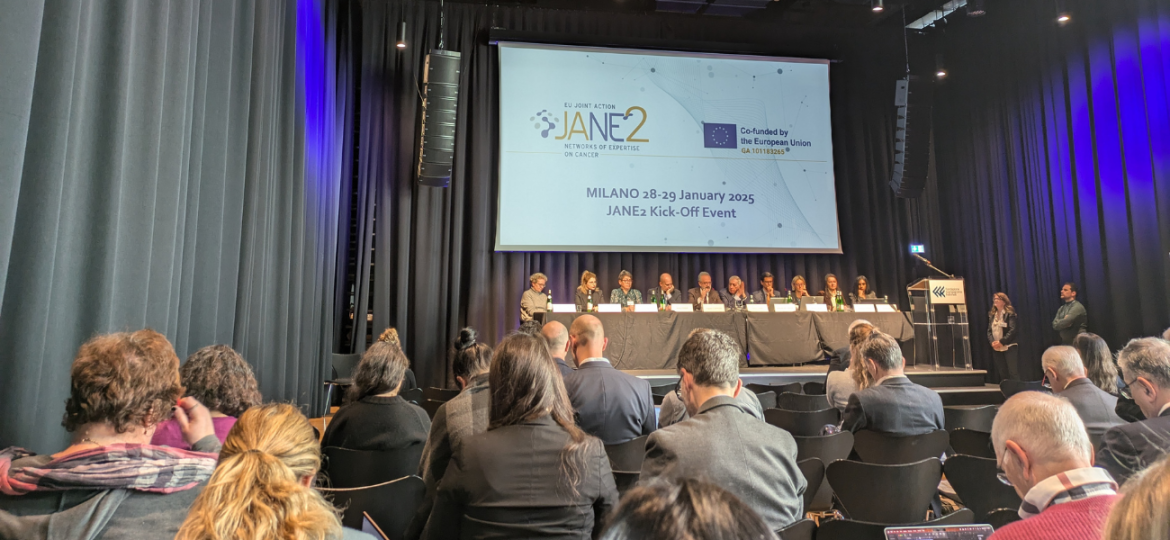
The second Joint Action of the EU on Networks of Expertise on Cancer (JANE-2) officially launched on January 28-29, 2025, in Milan, Italy. Coordinated by the Fondazione IRCCS Istituto Nazionale Tumori in Milan, this ambitious initiative brings together 121 partners from 29 European countries, including the Vall d’Hebron Institute of Oncology (VHIO).
Cofunded by the European Union with over 40 million euros, JANE-2 aims to establish seven specialized Networks of Expertise to enhance cancer care across Europe. These networks will focus on:
- Complex and poor-prognosis cancers
- Palliative cancer care
- Survivorship
- Personalized primary and secondary prevention
- Omics technologies
- High-tech medical resources
- Adolescents and young adults with cancer
These networks will provide essential services to the European oncology community, including clinical guidelines, quality-of-care criteria, economic models, educational resources, research promotion, and advocacy support—always keeping patients at the center.
“Health networking is a vital tool to ensure the best healthcare services for all patients while optimizing costs,” stated Paolo G. Casali, JANE-2 Coordinator. “By the end of this four-year initiative, we aim to have established strong EU health networks that will drive meaningful improvements in cancer care and outcomes.”
VHIO’s Role in JANE-2
VHIO is contributing to four of JANE-2’s seven Networks of Expertise (NoE). These efforts are led by Dr. Claudia Valverde, medical oncologist at Vall d’Hebron University Hospital, senior researcher of the Genitourinary Tumors, Central Nervous System (CNS), Sarcomas, and Cancer of Unknown Primary Location Group at VHIO, and senior consultant of the initiative. Importantly, a number of multi-disciplinary experts from VHIO are actively collaborating on specific networks, matching their respective expertise.
Specifically, VHIO supports the NoE on poor-prognosis cancers, for now lung and pancreatic cancers, to improve outcomes for patients by implementing strategies to enhance survival while maintaining quality of life. The institute contributes to integrating palliative care into routine cancer treatment at all stages, ensuring access for all patients based on individual needs, with a strong focus on end-of-life care. VHIO also collaborates on the Survivorship NoE which aims to develop integrative care programs for cancer survivors, addressing health determinants, lifestyle factors, and psychosocial support to manage long-term effects and enhance quality of life.
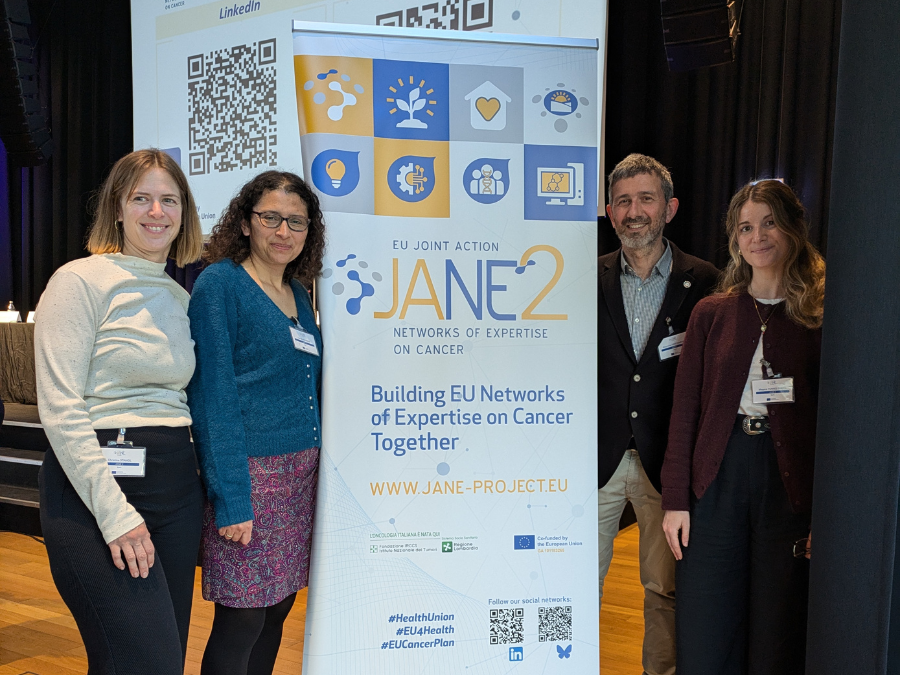
Specifically, VHIO co-leads – together with Oslo University – the evaluation of the implementation of the survivorship program. Furthermore, VHIO collaborates in the adolescents and young adults with cancer network which aims to provide a dedicated network to address the specific need of this patient population, by strengthening connections between pediatric and adult cancer services, ensuring a seamless transition of care from prevention to survivorship.
Through these contributions, VHIO is actively shaping the future of cancer care by fostering collaboration, innovation, and improved patient outcomes in Spain and across Europe.
JANE-2 is co-funded by the European Union under Grant Agreement no. 101183265. Views and opinions expressed are, however, those of the authors only and do not necessarily reflect those of the European Union or HaDEA. Neither the European Union nor the granting authority can be held responsible for them.

